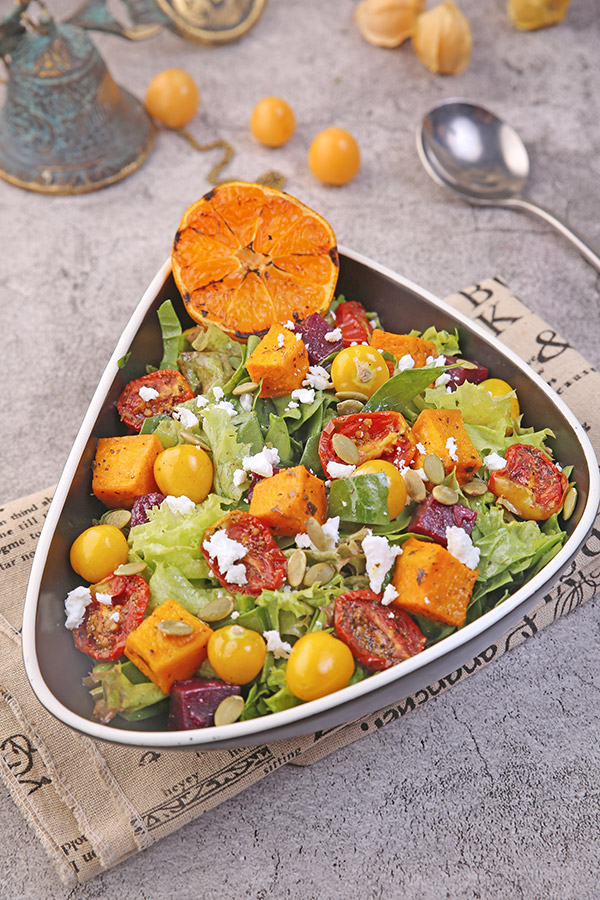Green haven where Beijing meets the Mediterranean


The idea is to produce something that educates young people, improves the environment and to grow crops for the restaurant.
"The garden has reduced our landfill waste by a solid 30 percent, using all our organic scraps from restaurant waste to make compost and help revive that soil."
When he first saw the lack of insects and wildlife that are helpful for plants on this barren patch of land he felt dispirited, he says, but gardening calls for patience, and he started by planning and conditioning the soil, and composting pits. He then dedicated 70 percent of the land to a variety of bushes and wildflowers, which may not be exactly pretty, but which provide habitats for birds and butterflies that help to keep the garden healthy.
"As the months wore on, I was surprised to see the ground was brimming with birds, bees, butterflies, dragonflies and fewer mosquitoes, and all that for a dirt-cheap investment."
Then, along with looking after the bushes and wild flowers he continued composting and growing herbs and vegetables.
Now the garden is closed in winter, as he speaks, and he whips out his mobile phone and shows a full 360-degree virtual reality tour of it.
The garden is designed according to the dishes he crafts for The Roots, he says, and the herbs he grew last year for the restaurant included bay leaf, oregano and rhubarb.




































